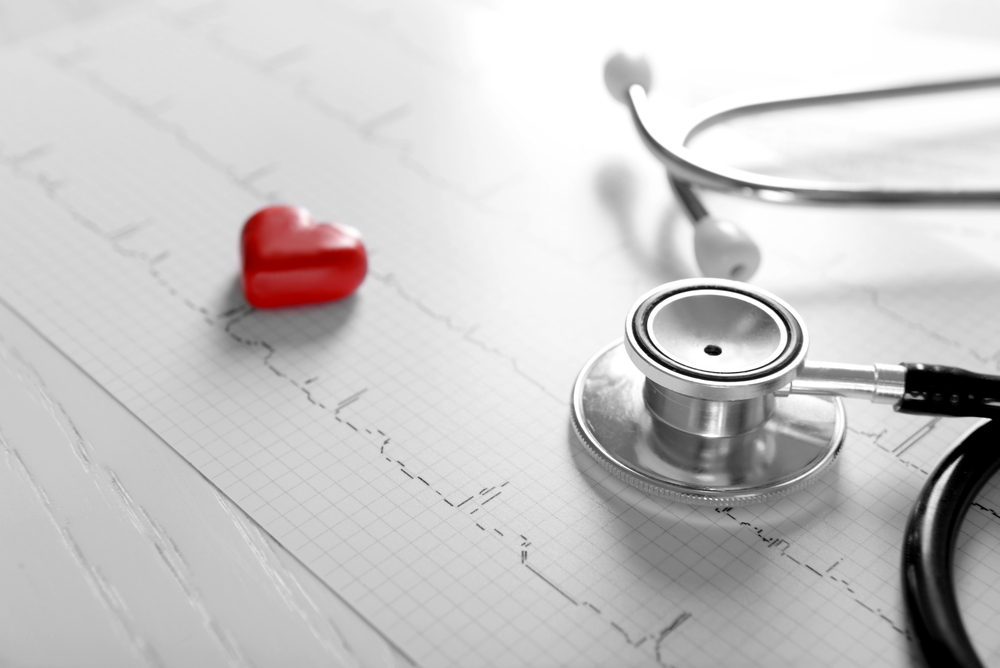
A very common phrase often used as an expression is ‘My heart skipped a beat’ which is expressed when one gets startled. However, in the real world, irregular heartbeats can be symptoms to a potential heart disease.
Arrhythmia is the medical term for an abnormal heartbeat. This means your heart may be beating too fast, too slow, too early, or too irregularly. Here you’ll learn more about arrhythmia and when you should have your heartbeat checked.
Classifications of abnormal heartbeats
A normal heartbeat ranges from 60 to 100 beats per minute. Arrhythmias never fall into any of these rates and have four types of irregular heartbeat patterns:
- Bradycardia
This is characterised by a heartbeat slower than usual. The heart of someone suffering from tachycardia normally beats at less than 60 times per minute. Normally, this condition does not cause any complications.
- Tachycardia
Tachycardia is characterised by a heartbeat faster than usual. The heart of someone suffering from tachycardia normally beats from 100 to 400 times per minute. It is caused by certain medical conditions, stress, and large amounts of caffeine or alcohol.
- Atrial Fibrillation
Characterised by a quivering or irregular heartbeat, people aged 65 years old and up are normally affected by atrial fibrillation, which can lead to stroke, blood clots, heart failure, and other related diseases.
- Premature Ventricular Contraction (PVCs)
This is characterized by extra heartbeats that disrupt the regular rhythm and cause a fluttering or skipped feeling in the chest. Normally, there is no reason for concern to this unless you have an underlying heart condition.
When should you get it checked?
Arrhythmia that is not accompanied by other symptoms can be harmless for the most part. This is because an irregular heartbeat can also be induced by external factors such as medications, liquor or caffeinated products, smoking, spicy food, and even exercise.
However, any of the following symptoms below needs urgent attention from your doctor:
• Fainting
• Fatigue
• Shortness of breath
• Chest pain
• Frequent and prolonged irregular beats
When it comes to healthy living, it’s very important that you always keep your heart in check for any complications. if you’re looking for the best of Melbourne heart care, do visit Melbourne Eastern Healthcare. Our Melbourne heart clinic adheres to strict medical standards to ensure that you will get the best medical service you deserve. For enquiries and more, contact us today!
